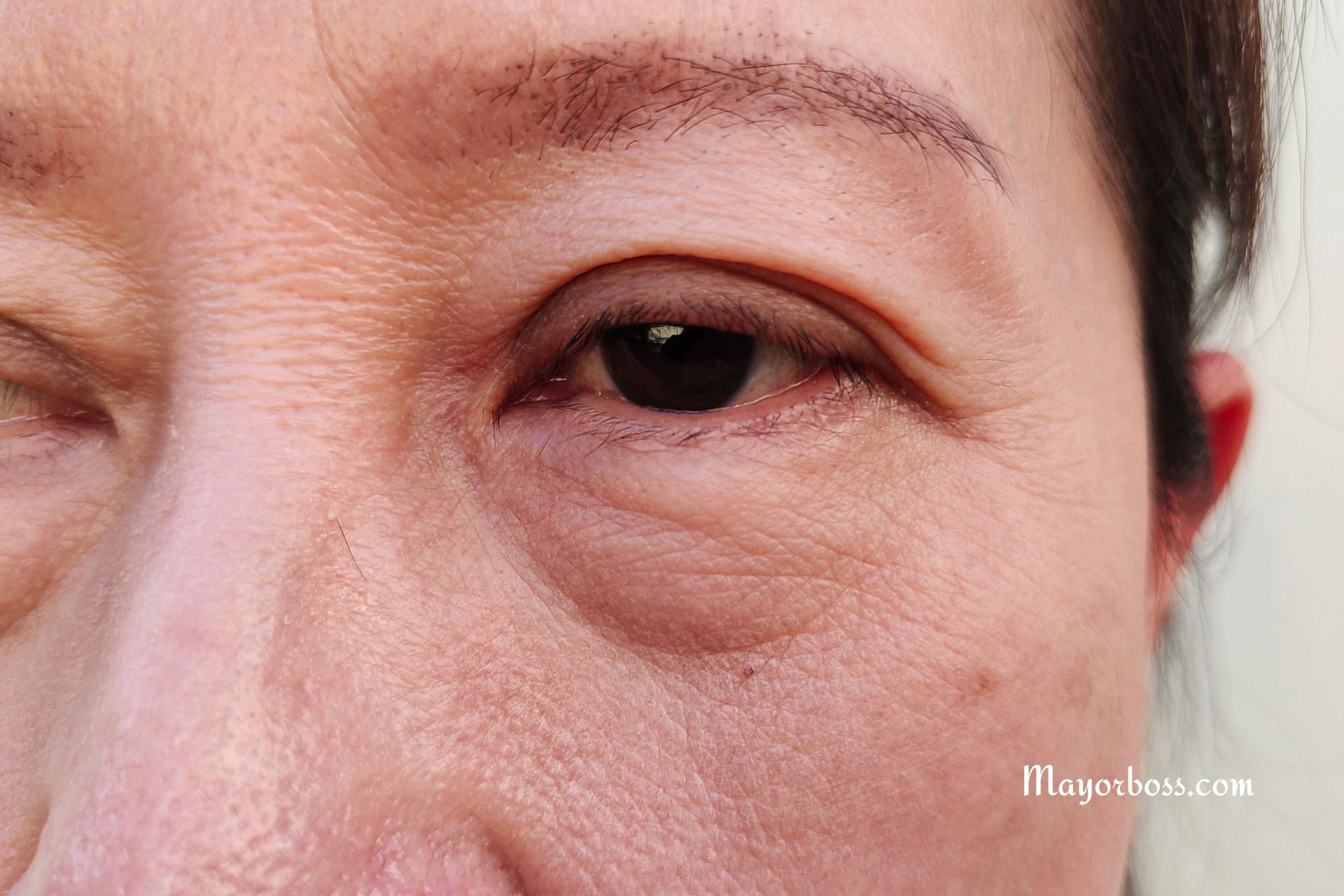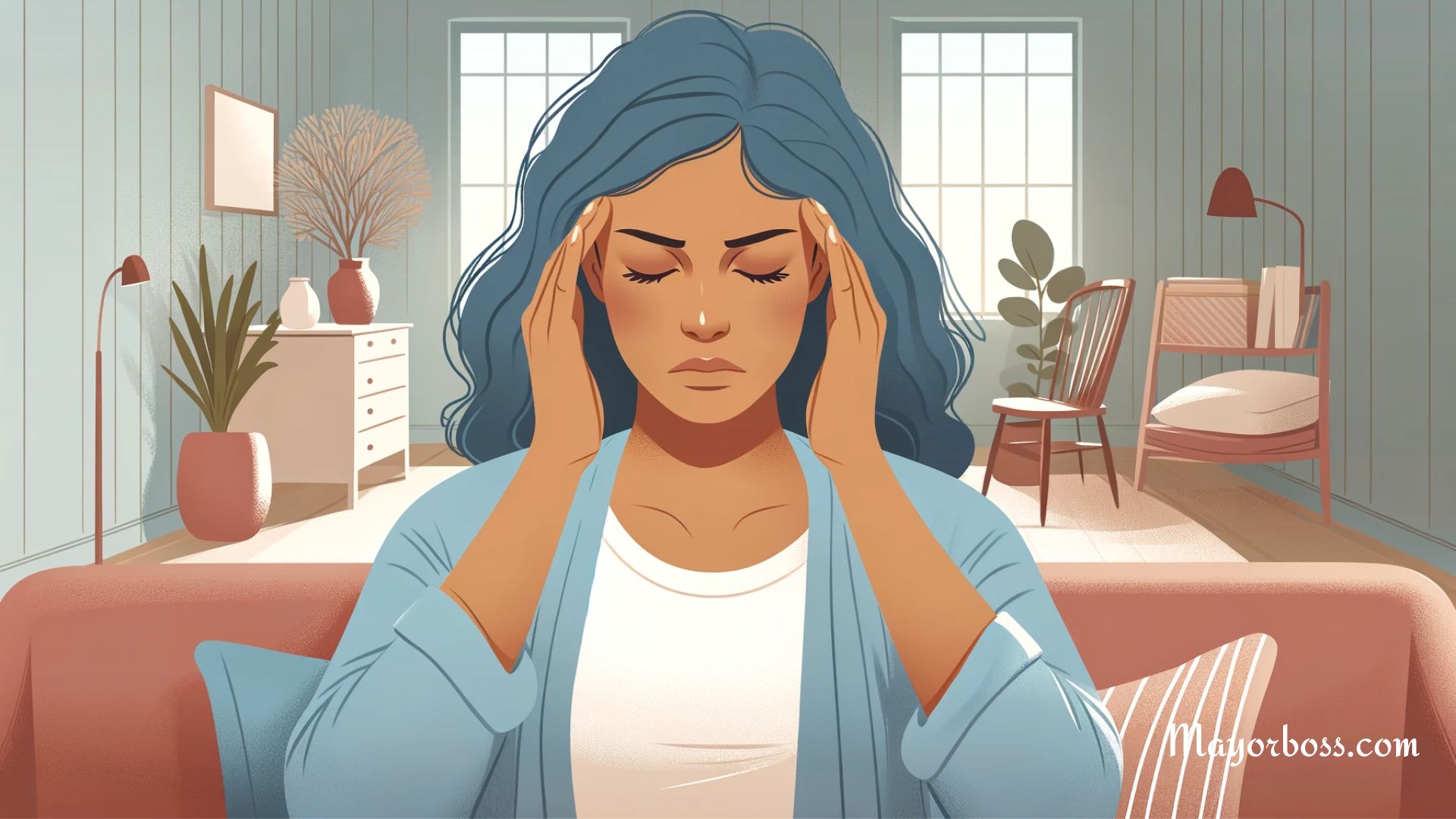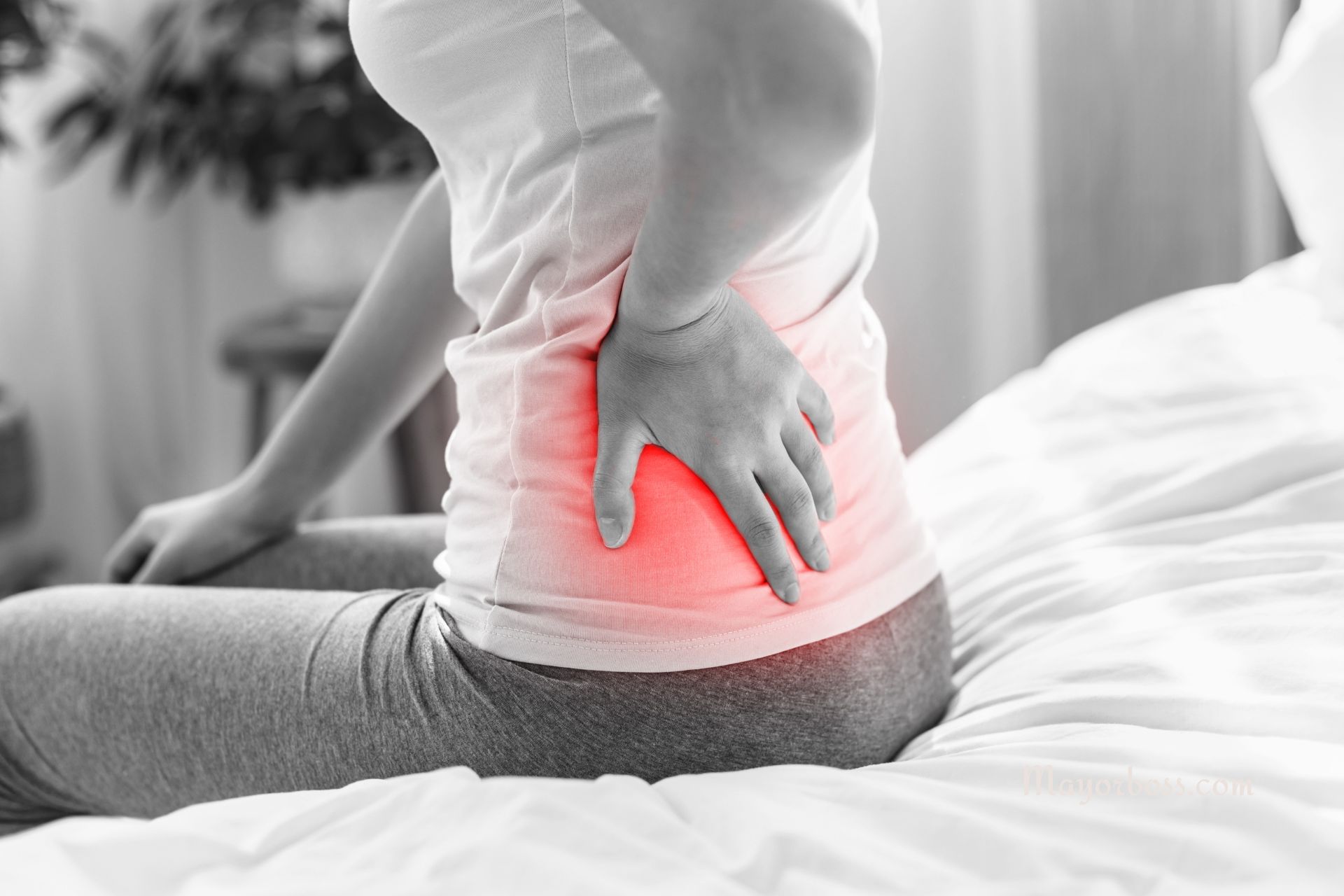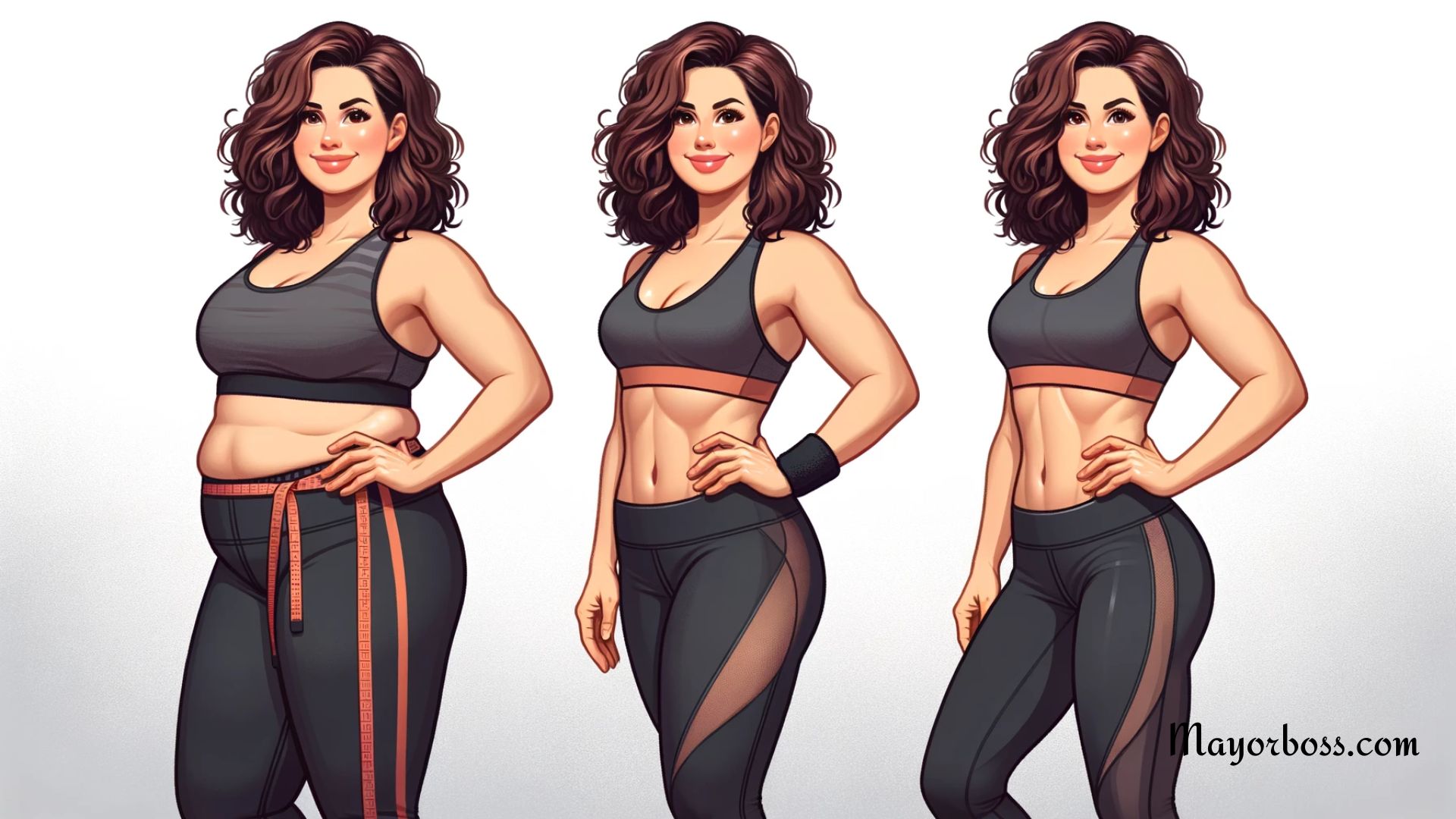Why It’s Better Not to Sleep on Your Right Side

Have you ever noticed how you feel after a night’s sleep, especially if you’ve spent most of it on your right side? Maybe you wake up feeling a bit off or not as rested as you hoped. Well, it turns out that the position in which we sleep can significantly affect our health and how we feel the next day. Let’s talk about why you might want to reconsider sleeping on your right side and consider other positions instead.
The Impact of Sleeping on Your Right Side
When you settle into bed, finding the perfect spot is like solving a personal puzzle. Many of us naturally gravitate toward sleeping on our right side, perhaps feeling it’s the coziest position. However, this favorite sleeping pose could be doing more than just giving us sweet dreams.
The Digestion Dilemma
First off, let’s chat about digestion. Have you ever had a big meal and then tried to lie down, only to feel uncomfortable? That’s because when you lie on your right side, your stomach is positioned in a way that can actually make digestion more challenging. This position can cause gastric juices to flow back into the esophagus, leading to heartburn or indigestion. Ever wondered why a nap on the right side after lunch feels different? This might be why.
Heart Health Hints
Now, onto something close to our hearts – quite literally. Lying on your right side can put additional pressure on the heart, especially if you have an existing heart condition. It’s all about gravity and the way our bodies are wired. The heart gets a little extra squeeze, which, for some, isn’t ideal. Have you ever felt your heart working a bit harder in this position? That’s your body hinting at you.
The Breath Connection
Breathing is something we do without thinking, yet how we sleep can influence it. Sleeping on your right side can affect your lung function, making your breaths shallower. Especially if you’re someone who has respiratory issues, this position might make it harder for your body to take deep, healing breaths. Ever woke up from sleeping on your right side feeling like you didn’t catch enough z’s? Your breathing pattern might be the sneak thief here.
Alternative Sleep Positions
So, what’s the alternative? If sleeping on your right side might not be the MVP of sleep positions, where do you turn? Literally.
Sleep on Your Left Side
Switching to your left side could be a game changer, especially for your digestive system. This position aids in moving waste through your colon more efficiently. Ever noticed a smoother digestion process after a left-sided snooze? That’s your body giving you a high five.
Back Sleeping
Lying on your back with a proper pillow can support your spine’s natural curve. This position distributes your weight evenly and keeps everything aligned. If you’ve ever found yourself waking up with less back pain after sleeping on your back, your spine is thanking you.
The Stomach Sleeper
Though tempting for some, sleeping on your stomach is often frowned upon by experts. It can strain your neck and back. However, if you’re a die-hard stomach sleeper, placing a pillow under your lower abdomen can help reduce back pain. It’s all about finding that sweet spot where comfort meets health.
Let’s Wrap It Up
Finding the perfect sleep position is like picking the right pair of shoes; what works wonderfully for one might not suit another. If you’re a right-side sleeper and feeling great, you might not need to change a thing. But if you’re searching for a way to enhance your sleep quality and wake up feeling even better, experimenting with different positions could be your ticket to dreamland.
Frequently Asked Questions
Q: Can sleeping on my right side really affect my heart? A: While sleeping on your right side can increase pressure on the heart for some people, especially those with certain health conditions, it’s not a one-size-fits-all issue. Listening to your body is crucial.
Q: Is it bad to sleep on your stomach? A: Sleeping on your stomach can put a strain on your back and neck, but adjustments like a pillow under your abdomen can help. It’s about finding what’s most comfortable and healthy for you.
Q: How can I transition to sleeping on my left side if I’m used to the right? A: Transitioning can take a bit of effort. Try placing a body pillow behind your back to prevent rolling over, or use a light source on the right side, which naturally encourages your body to turn away from it. Gradually, your body will adapt to the new position.






